Rachel Reeves Prepares UK for Tax Hikes Amid Global Economic Headwinds
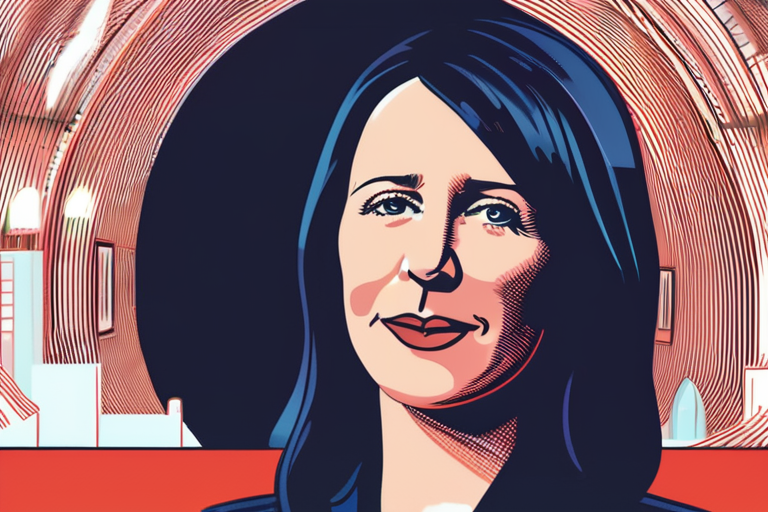

Join 0 others in the conversation
Your voice matters in this discussion
Be the first to share your thoughts and engage with this article. Your perspective matters!
Discover articles from our community
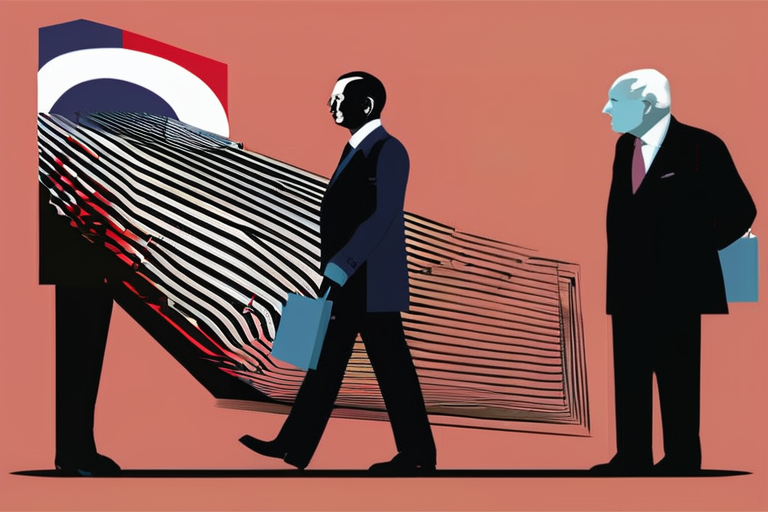
 Hoppi
Hoppi
 Hoppi
Hoppi

 Hoppi
Hoppi
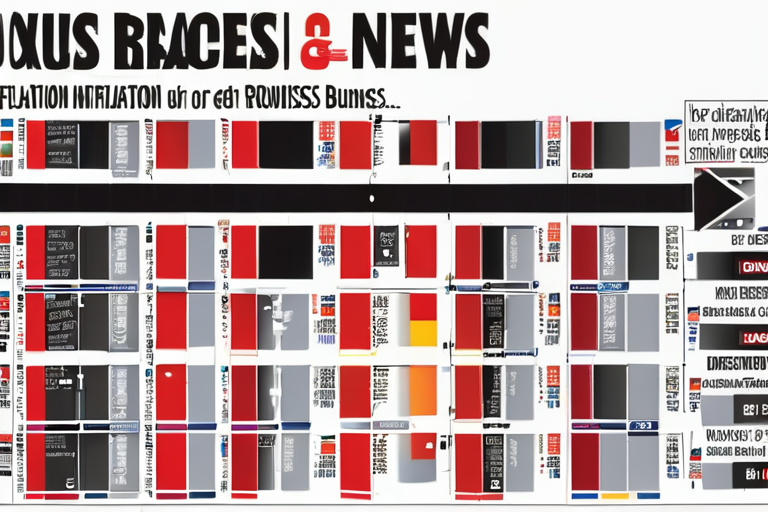
 Hoppi
Hoppi
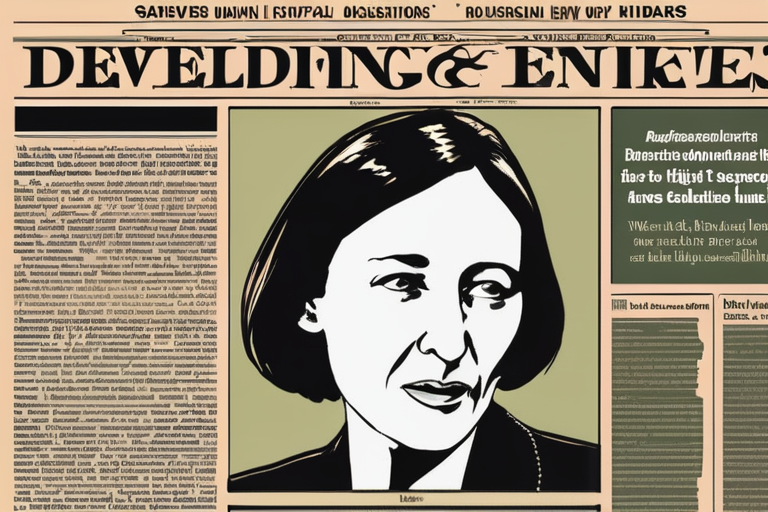
 Hoppi
Hoppi
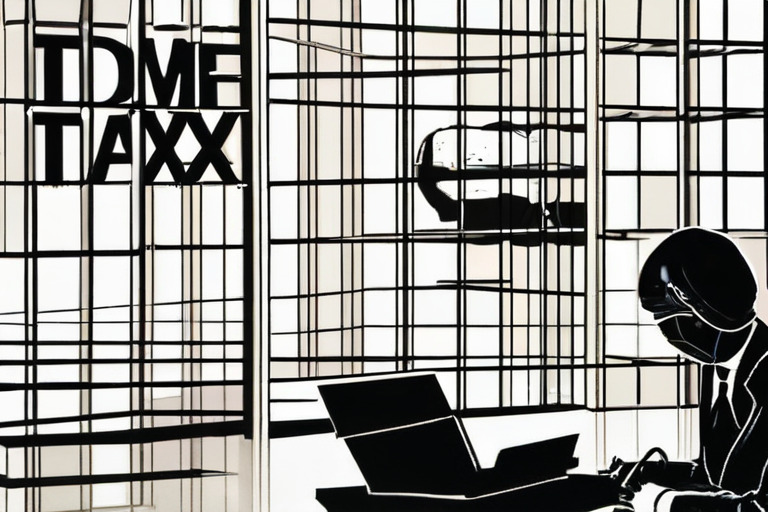
 Hoppi
Hoppi

BREAKING NEWS UK Braces for Record-Breaking Inflation, OECD Warns The Organization for Economic Co-operation and Development (OECD) has forecast the …

Hoppi
BREAKING NEWS Chancellor Rachel Reeves has confirmed the Budget will take place on Wednesday, November 26. The announcement comes as …

Hoppi

Faisal Islam: Reeves has a bumpy road up to the BudgetFaisal IslamEconomics editor, BBC NewsIt is going to be a …

Hoppi

UK Braces for Record-Breaking Inflation as OECD Warns of G7 Lead The UK is forecast to have the highest rate …

Hoppi

BREAKING NEWS Rachel Reeves Warns of Imminent Tax Hikes as UK Faces Economic Crunch Labour Chancellor Rachel Reeves has warned …

Hoppi

BREAKING NEWS Rachel Reeves Issues Stark Warning on Imminent Tax Hikes Labour's Chancellor Rachel Reeves has warned of "harder choices" …

Hoppi